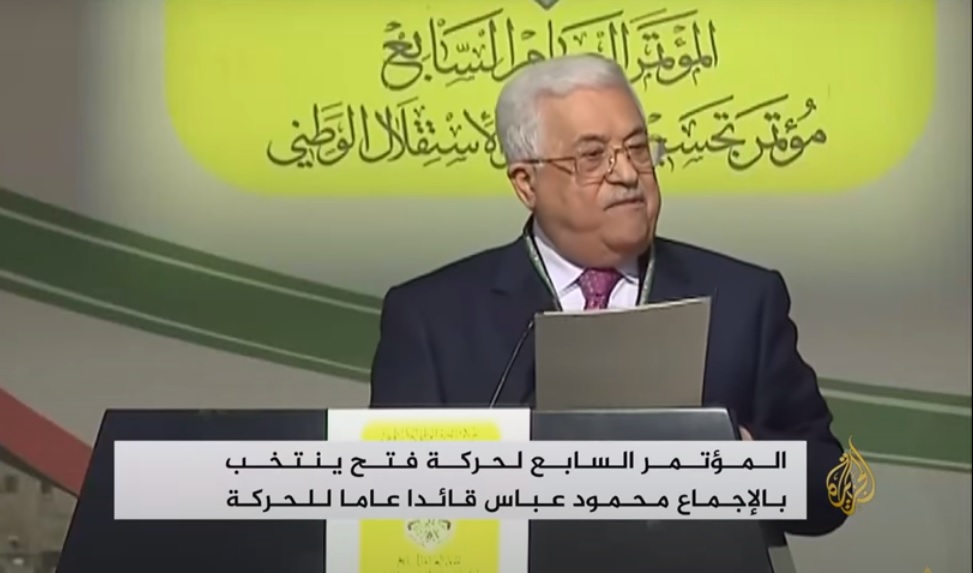On November 27, Abbas issued a presidential decree appointing Ruhi Fatouh, the chairman of the Palestinian National Council (PNC), as interim PA Chairman in such a scenario.
This arrangement mirrors the precedent set after the death of former PA Chairman Yasser Arafat in 2004 when Fatouh temporarily assumed the role until elections were held.
According to the new decree, Fatouh would serve as interim chairman for three months, pending elections.
Motivations Behind the Move
Conflicting reports have emerged regarding Abbas’s decision.
- Health Concerns: While sources close to Abbas deny any significant decline in his health, others suggest he is preparing for the eventuality of stepping down due to gradual deterioration.
- External Pressures: Some officials speculate that the decision aligns with a broader U.S.-Saudi strategy to stabilize the PA as part of potential normalization agreements between Israel and Saudi Arabia.
- Succession Planning: Critics claim Abbas seeks to protect his family’s interests and ensure a smooth transition to an ally, safeguarding his sons’ economic empire.
A senior Fatah official also alleged U.S. pressure for Abbas to appoint a deputy ahead of anticipated leadership changes in Washington, reflecting international concerns about PA stability.
The Battle for Succession
Ruhi Fatouh’s interim role is viewed as a neutral, compromise solution.
However, he is not Fatah’s candidate for the permanent position.
Once Abbas steps down, Fatah plans to determine its candidate through internal processes, such as primaries or decisions within its Revolutionary Council or Central Committee.
Potential candidates include:
- Hussein al-Sheikh: Secretary General of the PLO Executive Committee and favored by Israel, the U.S., and key Arab states. However, he faces public mistrust due to accusations of corruption and moral scandals.
- Mahmoud Al-Aloul: Deputy Chairman of the Fatah movement.
- Jibril Rajoub: Secretary of the Fatah movement.
- Marwan Barghouti: A Central Committee member currently serving five life sentences in Israeli prison for his role in the Second Intifada. Despite his imprisonment, Barghouti is a popular figure among Palestinians and intends to contest the elections.
Challenges Ahead
The Palestinian street widely perceives Abbas as corrupt and ineffective, having failed to achieve political advancements since his election in 2005.
Barghouti remains the public’s favored candidate in opinion polls, but his candidacy is unlikely to gain support from Israel or the U.S., especially in the aftermath of the October 7 attacks, which intensified security concerns.
The succession battle is expected to be contentious, potentially leading to violence within Fatah or spilling onto the streets.
There is also concern that Hamas, weakened by recent losses in Gaza, may exploit the situation to expand its influence in the West Bank through elections.
The PA’s leadership transition presents significant risks but also opportunities to reshape Palestinian politics amid complex internal and external pressures.




